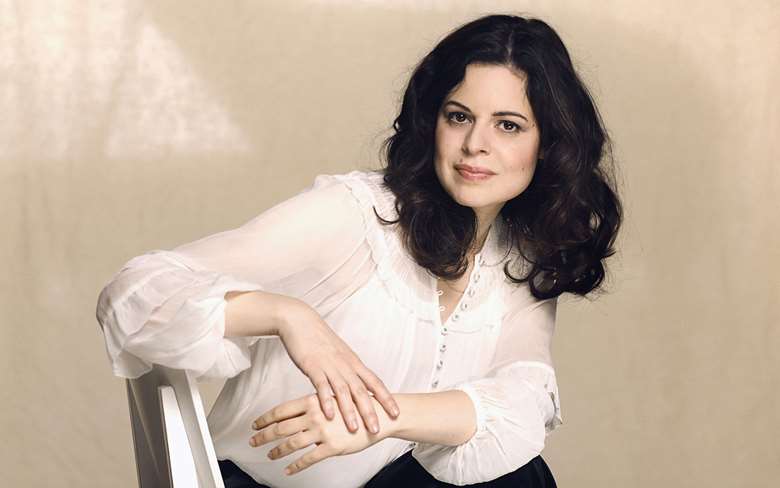Zlata Chochieva interview: ‘Most of what I can do on the piano I learnt from Pletnev’
Tim Parry
Tuesday, June 20, 2023
The Russian pianist Zlata Chochieva has quietly been building a hugely impressive discography. Tim Parry talks to her about her new album, her influences and her studies with Mikhail Pletnev

Register now to continue reading
This article is from International Piano. Register today to enjoy our dedicated coverage of the piano world, including:
- Free access to 3 subscriber-only articles per month
- Unlimited access to International Piano's news pages
- Monthly newsletter







